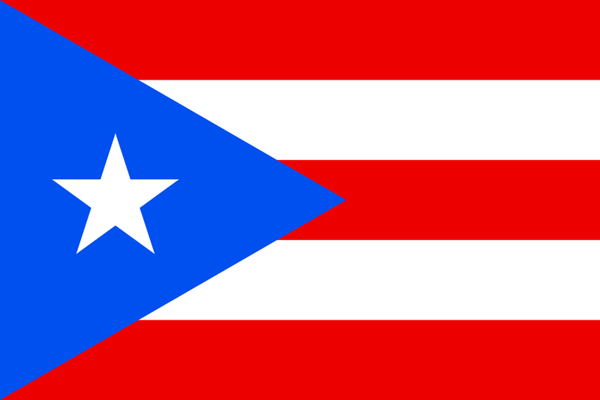
The ongoing debate over Puerto Rico’s political status is heating up again. The island’s politicians are hoping that a bill sanctioning a survey on what Puerto Ricans want to do about the issue will make it through Congress. If a majority of the island’s residents vote for a new status, a second survey, or plebiscite, would present three options: statehood, independence, or “sovereignty in association with the United States.”
A previously divided electorate in Puerto Rico has made it difficult for similar legislation to succeed, as many lawmakers did not want to be caught in the middle of the contentious debate. Most Puerto Rico residents either want one of two things: the island to become a state or for it to become a “new commonwealth” with more political autonomy.
Puerto Rico Resident Commissioner Pedro Pierluisi said that this year’s version of the plebiscite bill has more support than ever, with 182 sponsors – 58 of whom are Republicans. “This time around, the difference is we’re ready. Now the only matter remaining is to take it to the floor,” Pierluisi said recently. “I am confident that it will get a very substantial majority when it gets to the floor and that it will get substantial votes from both sides of the aisle.”
In July, the bill passed the House Natural Resources Committee with a 30-8 vote, but it is unclear if it will ever make it to the House floor – similar bills never made it that far in the 110th Congress.
Speaker Nancy Pelosi (D-CA) has remained publicly neutral on the issue and last week spokesman Drew Hammill said the Speaker “supports the rights of the Puerto Rican people to decide for themselves the status of Puerto Rico.” He also said that “the Democratic leadership will continue to gather input from all the stakeholders involved as we continue to discuss this legislation.”
Representative Nydia Velázquez (D-NY), a native Puerto Rican and chairwoman of the Congressional Hispanic Caucus, supports a constitutional convention to discuss the different options for the island. She has not introduced a bill in the current session of Congress, but she did send a letter to Pelosi criticizing Pierluisi’s bill for being “non-transparent” and “dismissive.”
“It is important that Puerto Rico status legislation is based on consensus and true to the traditions of democracy,” she said in a statement last week. “The people of Puerto Rico deserve a transparent process for self determination, and H.R. 2499 fails to accomplish that.”
Despite Velázquez’s opposition, the bill may have a better chance than ever before because this time the island’s politicians are solidly behind the plebiscite. Jeffrey Farrow, a co-chairman of former President Bill Clinton’s Interagency Group on Puerto Rico, said that such a united front helps the bill’s chances “an enormous amount.”
Pierluisi hopes the bill will pass the House by the end of the year so an effort can be ramped up in the Senate. If it does make it that far, he believes that it might need the White House’s support; President Obama has not weighed in on the issue.
But Pierluisi said that he believes the bill’s momentum in the House will help its chances in the Senate. He also highlighted the nonbinding nature of the bill; he explained that the plebiscite is merely a way for Congress to “check the temperature” of Puerto Rico.

Viva Puerto Rico